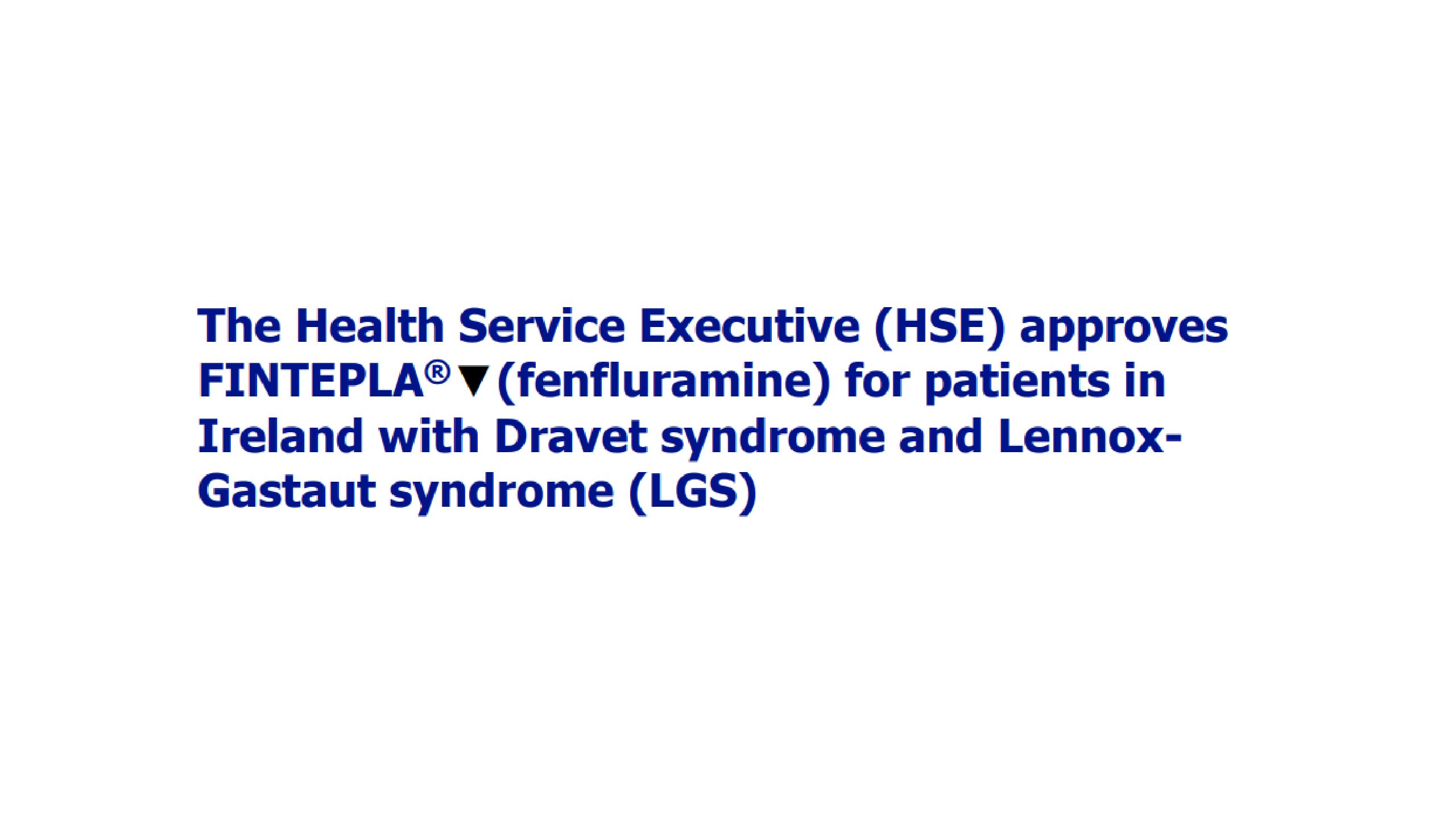Daily aspirin did not reduce the occurrence of major cardiovascular events a study of more than 12,500 participants considered to be at risk, according to the results of the ARRIVE trial, presented at the European Society of Cardiology (ESC) Meeting in Munich, Germany.
Michael Gaziano, MD, a preventive cardiologist at Brigham and Women’s Hospital, presented findings from the Aspirin to Reduce Risk of Initial Vascular Events (ARRIVE) study, which was sponsored by Bayer.
The study was a randomized, controlled clinical trial of the use of daily aspirin to prevent a first cardiovascular event among more than 12,500 participants considered to be at moderate cardiovascular risk.
The benefits of taking aspirin to prevent a second or subsequent cardiovascular event have been well established in previous studies but the effectiveness of taking aspirin to prevent a first cardiovascular event has been unclear, despite 30 years of randomized clinical trials. The sought to assess both the potential benefits as well as the risks to people at moderate risk of cardiovascular disease who may already be receiving some protection from modern preventative and therapeutic strategies.
Participants were randomly assigned to receive either daily aspirin tablets (100 mg) or a placebo. A total of 12,546 participants were enrolled from primary care settings in the UK, Poland, Germany, Italy, Ireland, Spain, and the U.S. The primary endpoint was time to first occurrence of a composite of cardiovascular death, heart attack, unstable angina, stroke, and transient ischemic attack.
The rate of such cardiovascular events did not statistically differ between the aspirin group and the placebo group. During the study, 269 patients (4.29%) in the aspirin group and 281 patients (4.48%) in the placebo group experienced such cardiovascular events.
Overall, these rates were lower than expected. The authors conclude that this may be reflective of contemporary risk-management strategies, such as the use of statins.
Given that aspirin is known to increase patients’ risk of gastrointestinal bleeding, ARRIVE excluded patients at high risk of bleeding. It also excluded patients with diabetes. Gastrointestinal bleeding events (mostly mild) occurred in 61 patients in the aspirin group versus 29 in the placebo group. The overall incidence rate of adverse events was similar in both treatment groups.
“The decision on whether to use aspirin for protection against cardiovascular disease should be made in consultation with a doctor, considering all the potential risks and benefits,” Gaziano said in a prepared statement about the results.
The authors’ declaration of interests and the roles of the Executive Committee and of the sponsor can be found in The Lancet.











